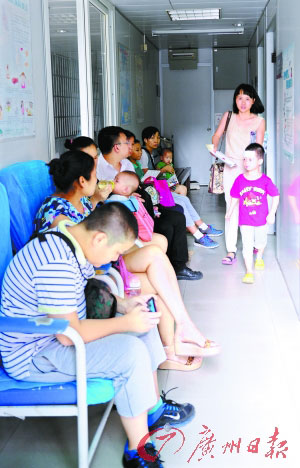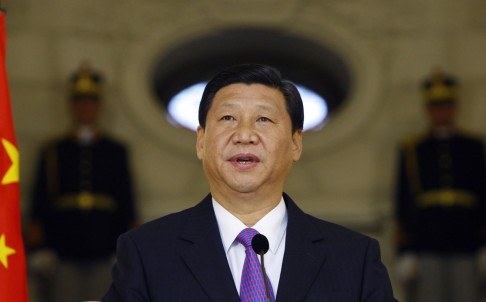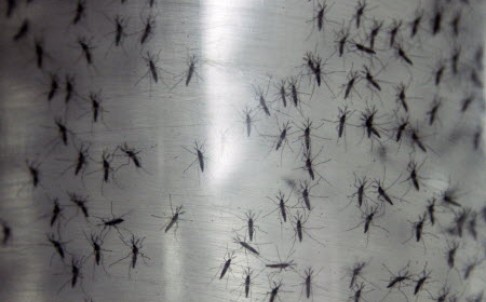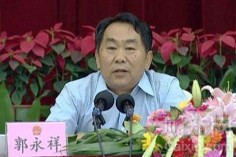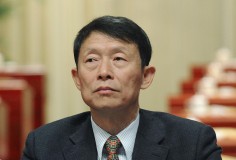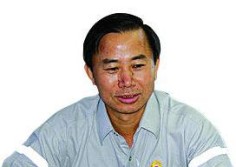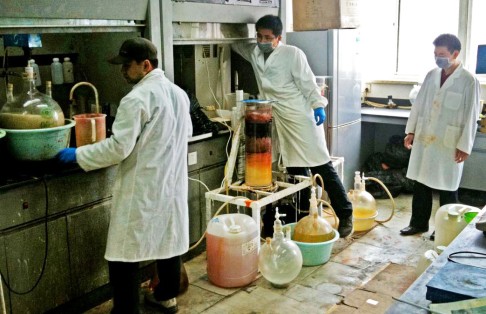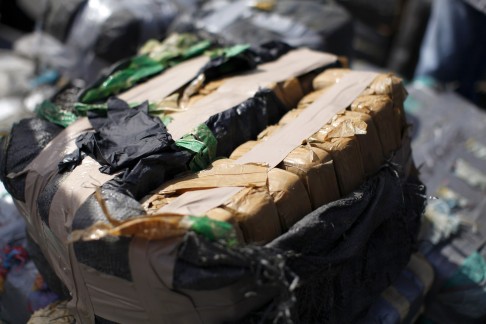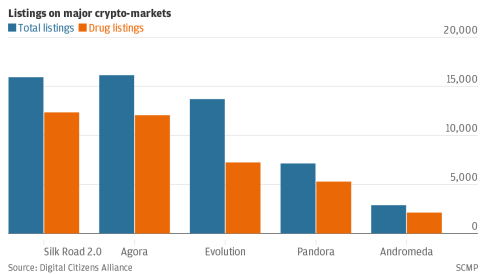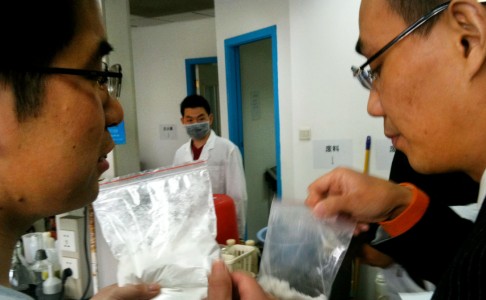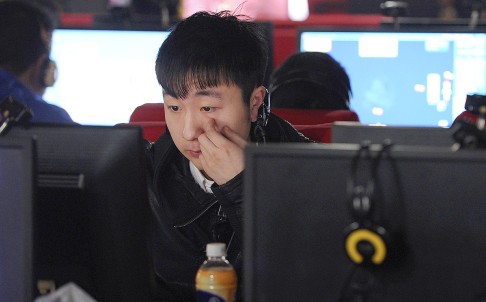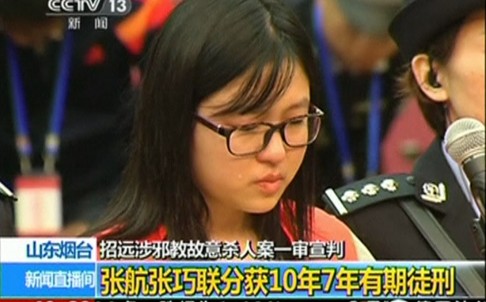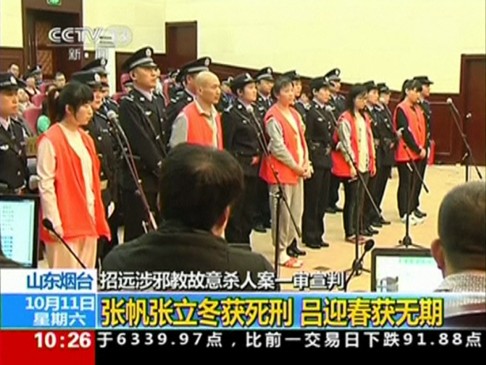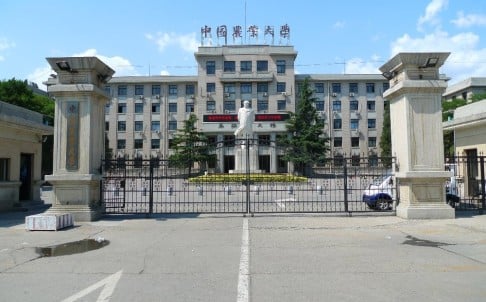Arrest of professors exposes academic corruption
Xinhua, October 12, 2014
The arrest of four professors has raised public concern over corruption in China's scientific research system.
The four were arrested for misappropriation of state research funds through false research projects, the anti-corruption watchdog said Friday.
Li Ning, a professor at the Chinese University of Agriculture and member of the elite Chinese Academy of Engineering, is among them. Li is noted for trans-gene research and was the first in China to clone a rare cattle species in 2002.
The four were found to have behaved suspiciously by the National Audit Office in 2012, among seven professors from five universities, according to a release from the Communist Party of China Central Commission for Discipline Inspection.
The seven are said to have swindled over 25 million yuan (4 mln U.S. dollars) of state funds.
"At the bottom trans-gene research is the study of how to transport the bucks," wrote Internet user "putuolanjing" on the twitter-like service weibo.com, one of thousands of negative comments.
"Twenty-five million swindled by seven academics... what a tragedy for China," commented "meiwendudemao."
China ranked second in terms of the number of theses published in recognized scientific magazines and journals in 2012, but no Chinese scientist has won a Nobel prize in science in more than a century as behavior like plagiarism and ghostwriting haunt Chinese scientists and students.
The government spent 1 trillion yuan, or about 1.97 percent of GDP on research and development in 2012 and the figure surpassed 2 percent for the first time in 2013. Much of the money has been misused, according to the Ministry of Science and Technology (MOST).
A researcher, who refused to be named, told Xinhua that a scientist could gain "a sum of money" from MOST, the Ministry of Agriculture and the National Natural Science Foundation of China, if he is "diligent enough" in establishing contacts in these departments.
"Sometimes they have nowhere to spend the money, then they will think up an excuse," said the source.
Scholars strive for approval for their research in order to apply for government funds, and the authorities who have power of approval take bribes for a green light, according to Wang Yuan, head of the Chinese Academy of Science and Technology for Development under MOST.
The system has many disadvantages and must be reformed, Wang said.
MOST, which manages scientific funds, punished eight people after an 2012 audit, including the four arrested.
Chen Yingxu, formerly of Zhejiang University, was sentenced to 10 years in prison earlier this year for stealing nearly 10 million yuan from the funds. He fabricated the project budget, spending and invoices.
China has no specific law on state scientific funds, though the State Council has general rules targeting the credibility of fund applicants.This lack of supervision and sanctions has contributed to the corruption in the field, said lawyer Pan Changxin of Shandong's Shunda Lawyer Agency. He said the science, finance and auditing authorities should cooperate on science funds.
MOST announced on Sept. 30 yearly internal inspections targeting embezzlement and a credit database based on the inspection results.
Those found to be corrupt will have their projects halted and funds clawed back, the ministry said. In the most serious cases, they will be banned from reapplying for such funds indefinitely and may face judicial process.

